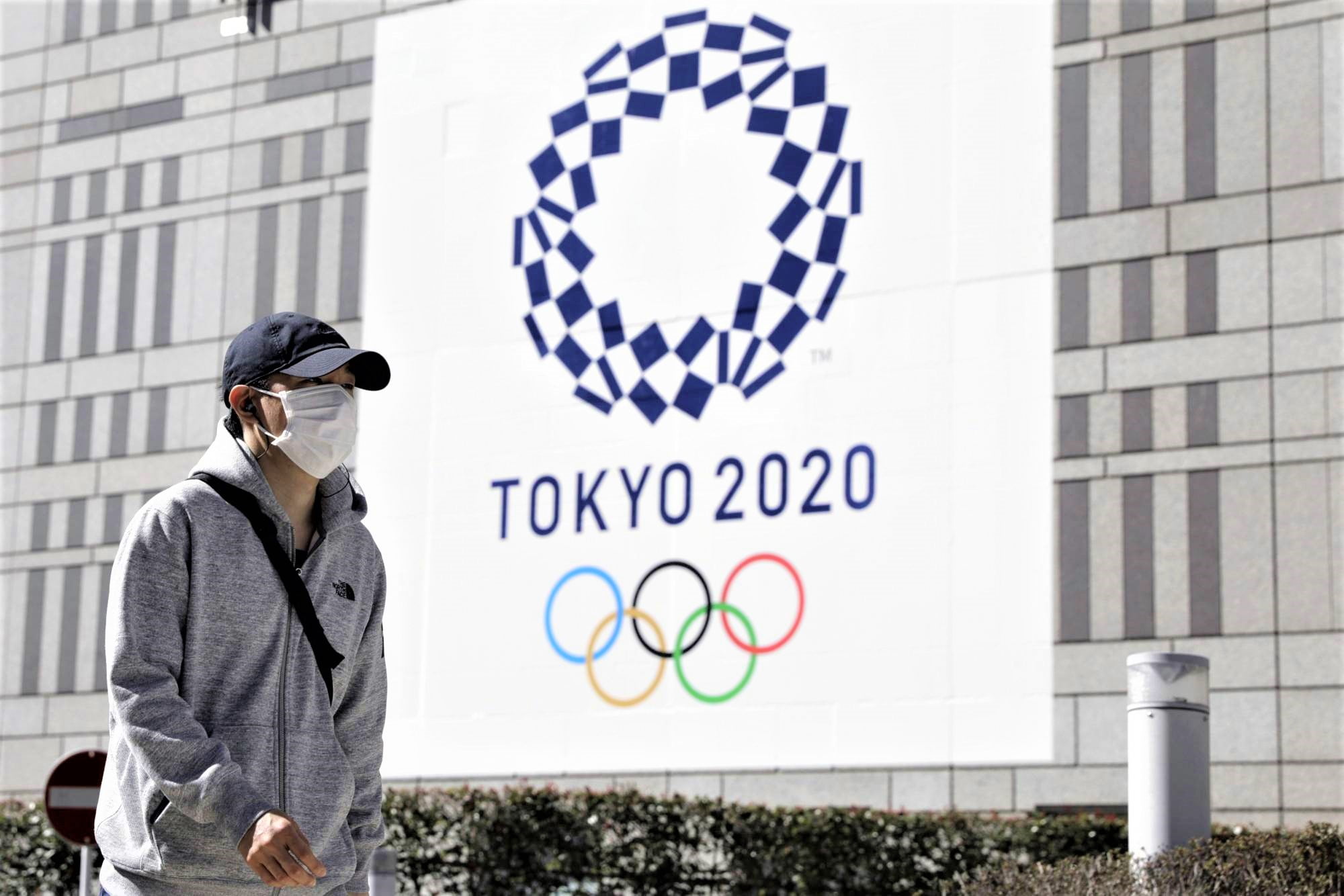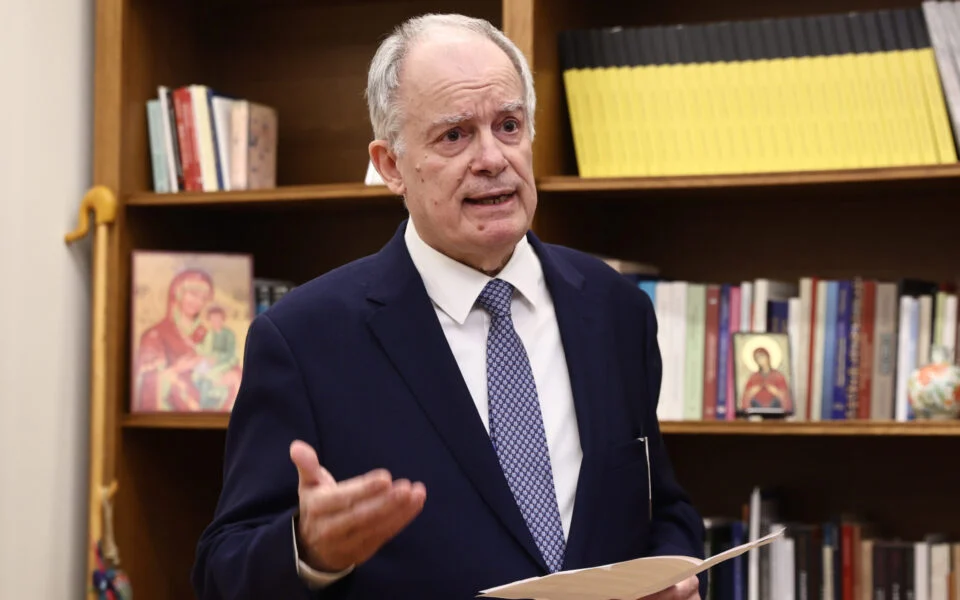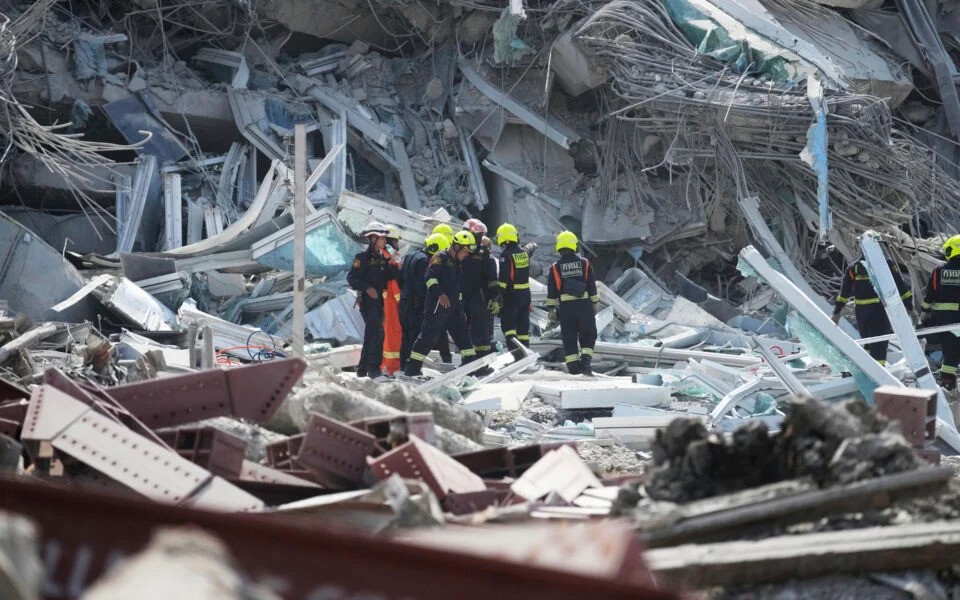What could happen if the Tokyo Olympics get cancelled?

With a little over two months until the start of the Tokyo Olympics, the possibility of a cancellation looms large over the Games.
As Japan battles a fourth wave of coronavirus infections and a state of emergency in Tokyo and other prefectures remains in place until the end of the month, there is mounting pressure from health experts, business leaders and the Japanese public to call off the Games.
Last week, the Tokyo Medical Practitioners Association, an organisation of about 6,000 doctors in Tokyo, penned a letter calling for a cancellation, while a petition which garnered 350,000 signatures in nine days in support of a cancellation has been submitted to organisers.
Also last week, the CEO of leading Japanese e-commerce company Rakuten said that holding the Games amid the pandemic amounts to a “suicide mission” — among the strongest opposition so far voiced by a business leader.
However, the International Olympic Committee (IOC) has remained adamant that the Olympics, already postponed by a year amid the pandemic, will be able to get underway on July 23.
Organisers have released a playbook, the final version of which is expected next month, outlining a series of countermeasures that they say will ensure the Games can take place in a safe and secure way, even as thousands of athletes from around the world descend on Tokyo.
With the Winter Olympics in Beijing now less than a year away, officials have also said that the Games won’t be postponed again and that a cancellation would be the likeliest option if it’s deemed unsafe to hold the Games from the rescheduled start date in July.
How would a cancellation come about?
In the host city contract which outlines the legal agreement between the IOC and Tokyo to hosting the Games, the IOC is entitled to terminate the contract on the grounds that “the safety of participants in the Games would be seriously threatened or jeopardised for any reason whatsoever.”
According to legal expert Jack Anderson, it’s likely to be growing pressure on the organisers that forces a cancellation — a “political decision,” rather than a strictly legal one.
“It’s the safety of those athletes, which are a primary concern of the IOC, the safety of the Japanese public, the primary concern of the organising committee and the Japanese political establishment, which is the key,” Anderson, a professor of Law teaching at Melbourne Law School in Australia, tells CNN Sport.
“And this is not an ordinary one-off event. It is obviously a huge multidisciplinary event across many different stadia.”
Anderson adds that a termination of the host city contract would see the risks and losses fall largely with the organizing committee, which is mandated to take out insurance for the Games.
“In that way, it’s straightforward,” he says. “But of course, in other ways it’s not straightforward because it’s not simply a contract between the International Olympic Committee and the host organising.
“We have sponsorship contracts, we have broadcasting, we have hospitality, we have a range — a contractual web of liabilities — that are in place here. It’s a huge contractual issue and would have huge insurance ramifications if it were to not go ahead.”
According to a Reuters report from January, insurers are facing a $2-3 billion loss if the Olympics are canceled, amounting to the largest ever claim in the global event cancellation market.
And for organisers, the financial impact of canceling the Games, even with insurance payouts, could be considerable given that close to 75 per cent of the IOC’s total funding comes from broadcasting rights.
“The International Olympic Committee — while it is now a very rich organization — its wealth is predicated on its primary asset, which is hosting the Games,” Anderson explains.
“Therefore, not to have a Games, and the knock-on effect that that has for sponsorship, for broadcasting, would be huge. It would be difficult to measure that. But I think you could comfortably say that insurance alone would not cover it in terms of reputation and economic damage.”
What about the athletes?
Arguably, it would be the athletes who miss out most from a canceled Olympics.Speaking to CNN Sport last week, World Athletics president Seb Coe said that 70 per cent of those chasing Olympic participation are only going to have one chance to compete at what is likely to be the pinnacle of their sporting careers.
To cancel the Games, Coe said, would be to “discard a generation of athletes who have spent over half their young lives in pursuit of this one moment.”
The other issue when it comes to athletes is that countries around the world are at different stages of pandemic recovery and have varying access to vaccines, although Coe said he thinks “the bulk of the world will be at the Games.”
With public pressure to cancel the Games mounting, Japanese Prime Minister Yoshihide Suga said last week that he has “never put (the) Olympics” as a priority.
“My priority has been to protect the lives and health of the Japanese population. We must first prevent the spread of the virus,” he said.
The Olympics have been canceled on three previous occasions: in 1916, 1940 and 1944, each time because of world wars.
Source: nine.com.au




